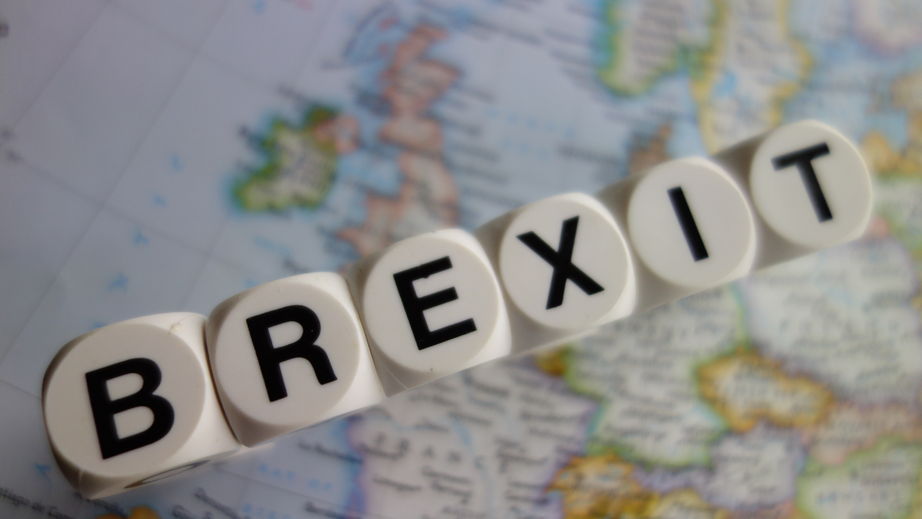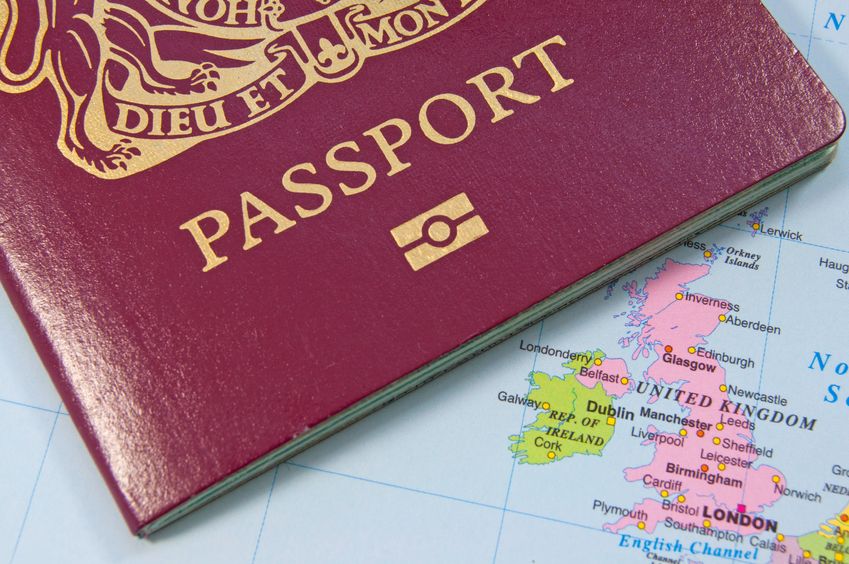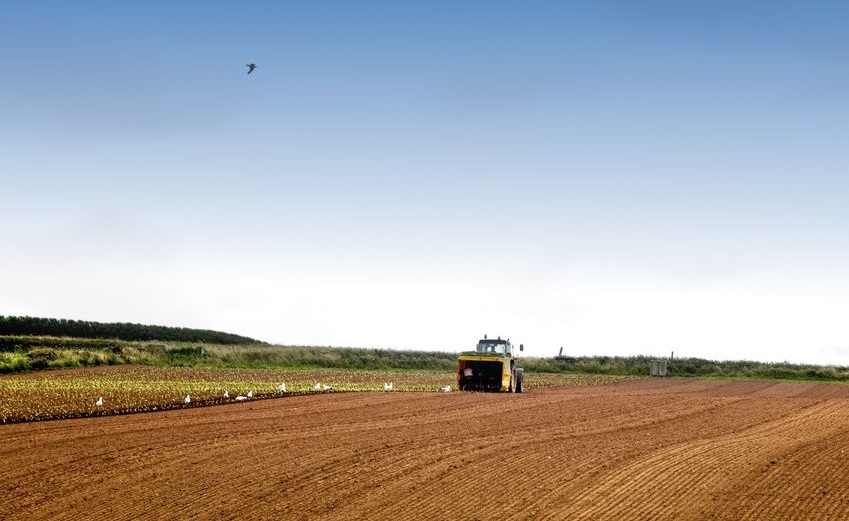What does Brexit mean for British farming?: An in-depth look into the burning issues

The membership between the European Union and the United Kingdom has drawn to a close after the UK population voted to leave the political-social conglomerate by a narrow margin.
After 43 years of mutual trading and economic ‘prosperity’, the so-called “Brexit” referendum was won by the Leave campaign, which in turn, has initiated the lengthy process of separating our close ties with the single market and everything that comes with it.
So what is to follow after this Political Transformation?
The next step is for the UK to invoke Article 50, which is a section of the Treaty of Lisbon which expresses the actions to be taken over how member states can leave the EU.
Because this is the first time a member state has voted to leave, the UK is now entering uncharted territory with the stability of global trade hanging in the balance.

As the two political parties contend with the upheaval of the country and its recent decision, it is unlikely that Article 50 will be triggered before the new Conservative Prime Minister Theresa May (a vote Remainer) and her newly appointed ‘Secretary of State for Exiting the EU’ (a newly created role, with the sole purpose of managing the split and negotiating with current EU leaders on what terms we will leave), David Davis have had a chance to take stock of the current situation and environment we find ourselves in.
Once enabled, Article 50 gives the UK two years to negotiate and complete the whole leaving process – including the untying of the plethora of intertwined UK and EU laws, which many experts predict will take upwards of a decade.
The two-year period we have once the Act is enabled really is a ticking time bomb, so you can see why there may be some hesitation to ‘press the red button’ indefinitely, or at least until we are truly ready.
Whether we ever will be ready is another debate altogether, as the lack of skilled civil servants in the UK trained in trade negotiations is around 30 times less than the number operating on behalf of the EU, which is an obvious problem.
What will the effects be for UK farmers?
The Brexit’s effect on UK farmers will certainly have long-lasting repercussions for British agriculture.
Prior to the vote, 42 leading figures from the UK’s agricultural industry signed a letter published in the Times, arguing for Britain to stay in the EU.
"Leaving the EU is too great a risk for UK farmers" was there opening statement, which couldn’t make their position clearer.
With over 70% of land used for farming and with EU membership giving farmers access to a market of over 500 million people, not to mention many farmers’ reliance on EU subsidies and the impact of the fall in sterling on food prices, decisions taken now will be vital for the outcome of the industry.
Here we highlight the issues raised during the referendum campaign and how they will come to affect the future of UK farming.

CAP and Subsidies
The Common Agricultural Policy (CAP) was introduced by the EU to stabilise markets, ensure the quality of produce, and make sure prices were fair for both the farmers and consumers.
To ensure farmers compete on a fairly level playing field, subsidies are paid to the producers.
This exchange has become a reliable source of income which many farmers are reliant upon to sustain their businesses.
While the Remain camp said the loss of these subsidies will have a devastating impact on UK farmers it really depends on future action.
If the UK government ensures farmers receive the same level of subsidies after the Brexit, not a lot will change.
This is far from a certainty, though, with many predicting that the levels of funding will, in fact, be less than what was handed out under EU rule.
There are also those in the farming community who feel that CAP regulations are too restrictive and many would like to hold more control over how British agriculture is run.
How effectively this is achieved will have a big impact on how positively Brexit is viewed by farmers, in years to come.
Trade Agreements
As the UK exits the EU, one of the biggest issues to sort out are the trade deals.
While these currently fall under the umbrella of the European Union, agreements will now need to be negotiated separately.
Many people fear this could be a long process as there are no clear indicators of what will be achieved and when, leading to uncertainty and volatile markets in the meantime.
There are however nations outside the EU which have reached individual agreements, such as Norway and Switzerland, who are often cited as countries which are thriving.
It could be argued the EU will be just as keen to trade with the UK as it is with them.
Some in the ‘leave’ camp expounded that the size of the UK’s trade deficit might give it bargaining power when it comes to negotiate deals.
The outcome of these negotiations will be vital for farmers. Using lamb as an example, 40% of all lamb produced in 2014 was exported to countries within the EU.
The pound’s decline has actually made UK exports more appealing to the foreign markets, however, were the EU to impose tariffs and sanctions on UK exports, the costs of exporting will soon rise directly hitting the farmers.
EU Regulations
The regulations put forward by the EU have always been divisive. On one hand, many regional foods are protected under EU legislation, such as Jersey potatoes, Melton Mowbray pork pies, Cheddar cheese, and a wealth of others - what will happen to that protection is now unclear.
Conversely, some producers felt stifled by European legislation. They balked at food labelling requirements; fought over metric replacing imperial measurements; and raised the now infamous debate over the curvature of bananas.
However you felt about these issues, one aim of the EU was to protect the quality of food produce, and while the UK will aim to put similar legislation in place, whether it remains as all- encompassing as the European regulations is yet to be seen.
Workforce
Another big issue relating to Brexit is the free movement of EU citizens.
Many farmers are reliant on seasonal workers and it is uncertain whether they will be able to source workers locally if they can no longer employ from the EU.
Environmental Legislation
While some farmers feel there are too many regulations put in place by the EU, there is also a level of protection offered by a single market.
When it comes to communicable diseases, such as foot and mouth, it is arguably easier to deal with outbreaks when member states are working together to halt the spread.
Additionally, the EU has implemented numerous legislations concerning animal welfare, nature conservation, limits on the uses of nitrates, insecticides, and fertilisers, plus hundreds more.
The EU, with the UK in it, has achieved a lot in terms of looking after the environment. What will happen to each individual piece of legislature after we leave and the role the UK plays in global climate and environmental efforts remains to be seen.
Reaction to the Vote
Once the result had been made public, it became clear that the UK had not formulated an exit plan.
The NFU, who remained neutral during the referendum campaign, have since warned that they believe food prices will rise due to the slide of sterling and concerns over the UK reliance on imports as we produce only 60% of what we consume.
The waters remain murky for the future of the agricultural industry as the outcome relies heavily upon renegotiated trade deals which are yet to be discussed, along with how the government decides to subsidise the industry.
What is apparent, however, is that farmers, amongst the rest of the UK population, have a period of great uncertainty ahead of them.
Holly Barry is a recent graduate from Brunel University in West London with a BA Hons degree in Journalism, holding an interest in British agriculture and the effect Brexit has on it.








